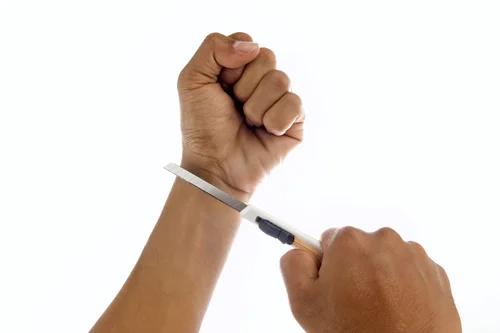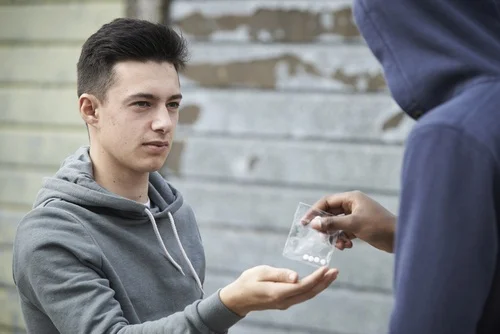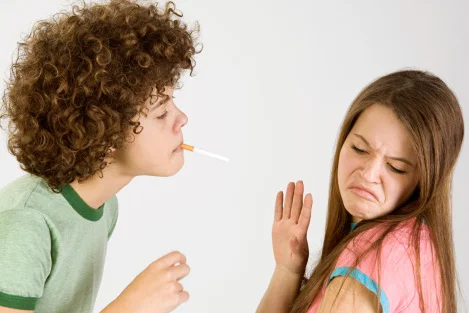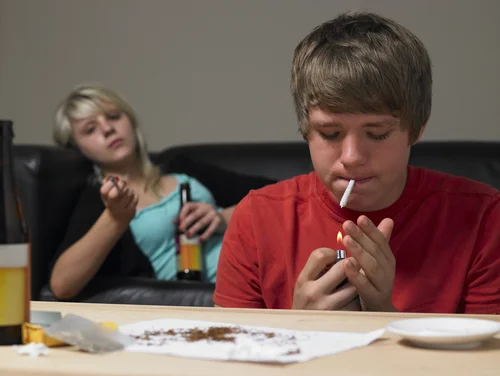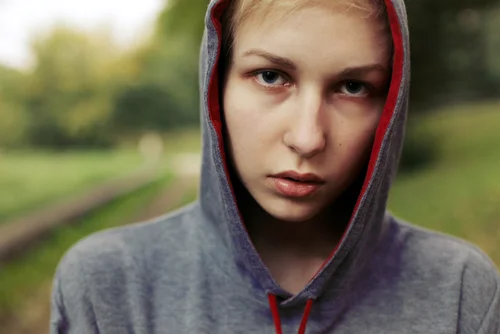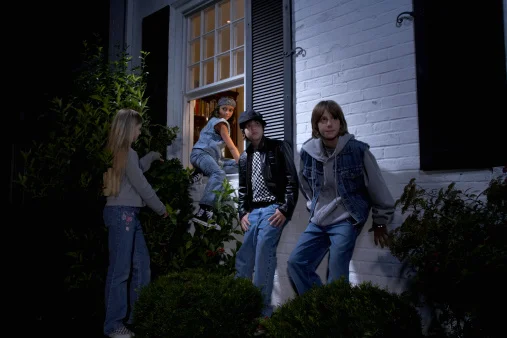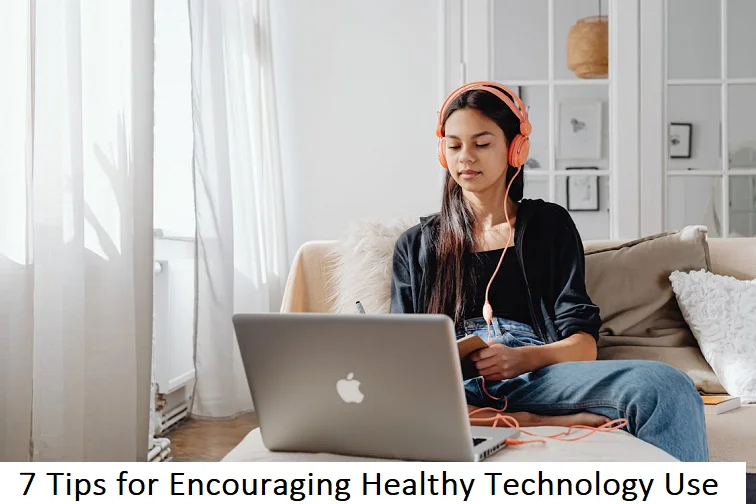+1 845 259 2974 (11 a.m to 7 p.m CST)
Is HPV vaccine messing up teen girls’ sexual behavior?
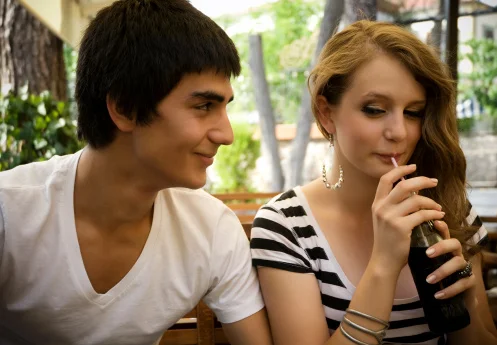
HPV vaccines for children are making waves in the media for all the wrong reasons. Concerned parents believe that the vaccination can lead towards risky sexual behavior in teenagers, while studies conducted in this connection are suggesting otherwise. Everyone is debating the pros and cons of the vaccine that are floating around the internet.
HPV defined
The Centers for Disease Control and Prevention (CDC) defines genital human papillomavirus (HPV) as the most common sexually transmitted infection (STI). 40 HPV types have so far been recognized that can infect the genital areas of males and females. The HPV virus is not the same as herpes or HIV, but it is still capable of causing different health problems.
HPV vaccines are created for the purpose of protecting youth from the virus and are given as a series of three shots over a period of six months. The two vaccines, namely Cervarix and Gardasil, protect women against cervical cancers. Though the vaccines are generally considered as female specific, yet Gardasil is also administered to males.
The virus is one of the most common among other STIs and 7.5 million teenage girls and young women between the ages of 14 and 24 are infected by it. The vaccines are designed to at least restrict the chances of cancerous growth by 70%.
The US Advisory Committee on Immunization Practices recommends female vaccinations between the ages of 11 and 26.
Addressing all parents
Parents who are bringing up teenage daughters have shown some concern regarding how the vaccines lead young girls to engage in unsafe and increased sexual activity. To address these concerns, the Cincinnati Children’s Hospital Medical Center in Ohio conducted a study about the effects of HPV vaccine on teenage girls, and found that the concerns were based on flawed observation. The study was also published in the Pediatrics journal.
Objectives of the study
A common perception found among parents is that HPV vaccinations increase the chances of risky sexual behavior among teenage girls. The aim of the study was to measure the risk perception among the vaccinated female group and to draw a result by studying variations in sexual behavior of teens.
Methods applied
Women aged between 13 to 21 years completed questionnaires immediately after being administered with HPV vaccination, and two and six months later, to measure the attitudes towards HPV vaccination, risk perception, and deviant sexual behavior. Risk perceptions were further measured according to perception about spread of STIs apart from HPV, and perception regarding need for adopting safe sexual behavior. The study stretched over a period of six months to assess risky sexual behavior in teen girls.
Revelation
The participants falling into the sexually inexperienced category proved, according to the study, that the vaccination did not lead teenage girls to initiate sex as was earlier believed. Girls between 16 and 21 years of age who reported lower perceived risk for other STIs were less likely to initiate sex. The study was conducted over a time period of six months and a detailed study is necessary to fully understand the effects of this vaccination on teenage girls. For the time being, there’s no need to worry about your little girls getting high on desires anytime soon.

